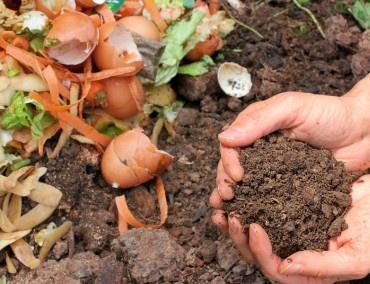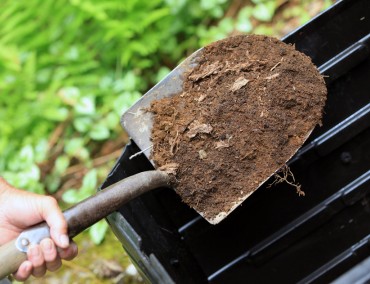

Compositing In Solid Waste Management
Composting
This involves the biological decomposition of organic waste into a nutrient-rich material called compost, which can be used as a soil conditioner.
Composting is a process used in solid waste management that involves the decomposition of organic waste, such as food scraps, yard waste, and paper, into a nutrient-rich soil amendment. Composting is a natural process that involves the use of microorganisms, such as bacteria and fungi, to break down the organic matter into a nutrient-rich soil conditioner.
The composting process typically involves the collection of organic waste, which is then mixed with other materials, such as leaves and grass clippings, to create the optimal conditions for composting. The mixture is then placed in a compost bin or pile and regularly turned to provide oxygen to the microorganisms and to promote even decomposition.
Composting Has Several Advantages
Composting reduces the amount of organic waste that goes into landfills or incinerators, which reduces the need for new landfills and incinerators.
Compost is a valuable soil amendment that can be used to improve soil fertility, water retention, and plant growth.
Composting reduces the greenhouse gas emissions that are produced by organic waste in landfills.
Composting can save money by reducing the need to purchase chemical fertilizers and reducing the cost of waste disposal.
However, Composting Also Has Some Challenges
One of the main challenges is the need for space and appropriate facilities to compost organic waste. Another challenge is the need for proper management to ensure that the composting process is effective and free from contamination.
Overall, composting is an important component of solid waste management that can help to reduce waste, conserve natural resources, and improve soil health. Governments, businesses, and individuals can all play a role in promoting composting by providing education and awareness, improving waste collection and sorting systems, and supporting the development of composting facilities.

